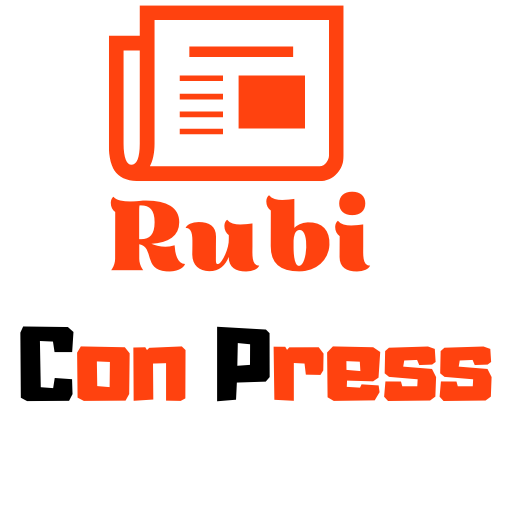If your answer is yes, then you’ve come to the right place. I am going to share a few simple tips and a few examples that will help you decide if it is worth the money or not.
We’re talking about a business model that allows everyone to take a small piece of the pie, even if it is a small part of it. A person is free to take a small piece of the pie as they see fit.
This is what the total surplus tax is all about. It is the government’s way of saying that the rich are taking more of the pie than they should. They are trying to prevent the rich from taking too much of the pie. I’m going to explain that tax as clearly as possible.
A tax is a legal tax.
It is also often referred to as “an externality” or “otherwise” (externality is the term used when you have to pay for something that you previously did not take into account). While the term “otherwise” is often used, it is not always used correctly. It is a legal term and is used in the context of a tax.
Taxes are taxes that are imposed on individuals and corporations. The government has a lot of power and authority where it can levy taxes on businesses. In the US, for example, almost every business has to pay a 3% tax, but the government is able to levy a 1% tax on every person that works for the business. This tax effectively makes a business’s employees “self-employed” and therefore, they should be taxed as such.
In the UK, this system is called a “premium rate”. In the US, when you buy a product that is sold to you as a product by a business, it is taxed at the premium rate. But the government is allowed to impose a 1 tax on every person that works for the business. So if you buy a product that is sold to you as a product by a business, it is taxed at the premium rate.
The problem with this tax is that you don’t actually get the full amount of the tax back. The government pays for part of the business and then you don’t get the full amount back, so the government takes control of the business you are a part of. Most businesses will try to pass the costs along to their employees. But when this happens, it can cause the business to lose some of its value as a business, which can cause the business to fail.
This can happen when a government tax is applied in a way that doesn’t fully reward the businesses that put in the work. When the government taxes, it taxes the entire supply. If the government taxes the entire supply, that means the government needs to buy all of the goods and services from all of the other businesses. It also means the government needs to spend all of its money to buy the goods and services from the other businesses.
Essentially, the government is taxing the entire market, not just the businesses that put in the work. So if the government taxes the entire market, then the businesses that put in the work will have to pay for it as well. The businesses that do not have to pay for the government’s work, like services providers, will not be able to pass the cost on to consumers. They will instead spend all of their money in order to buy the government’s work.
